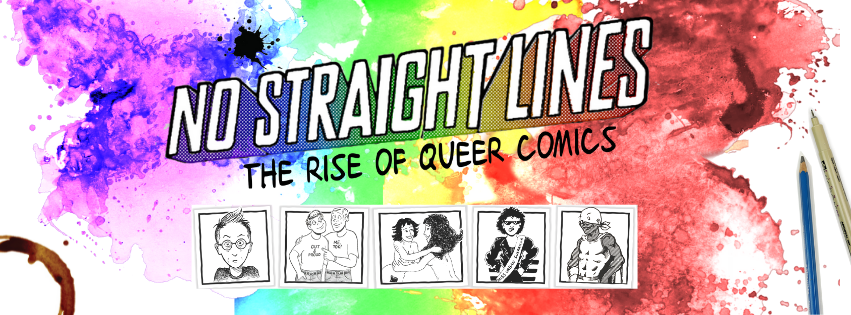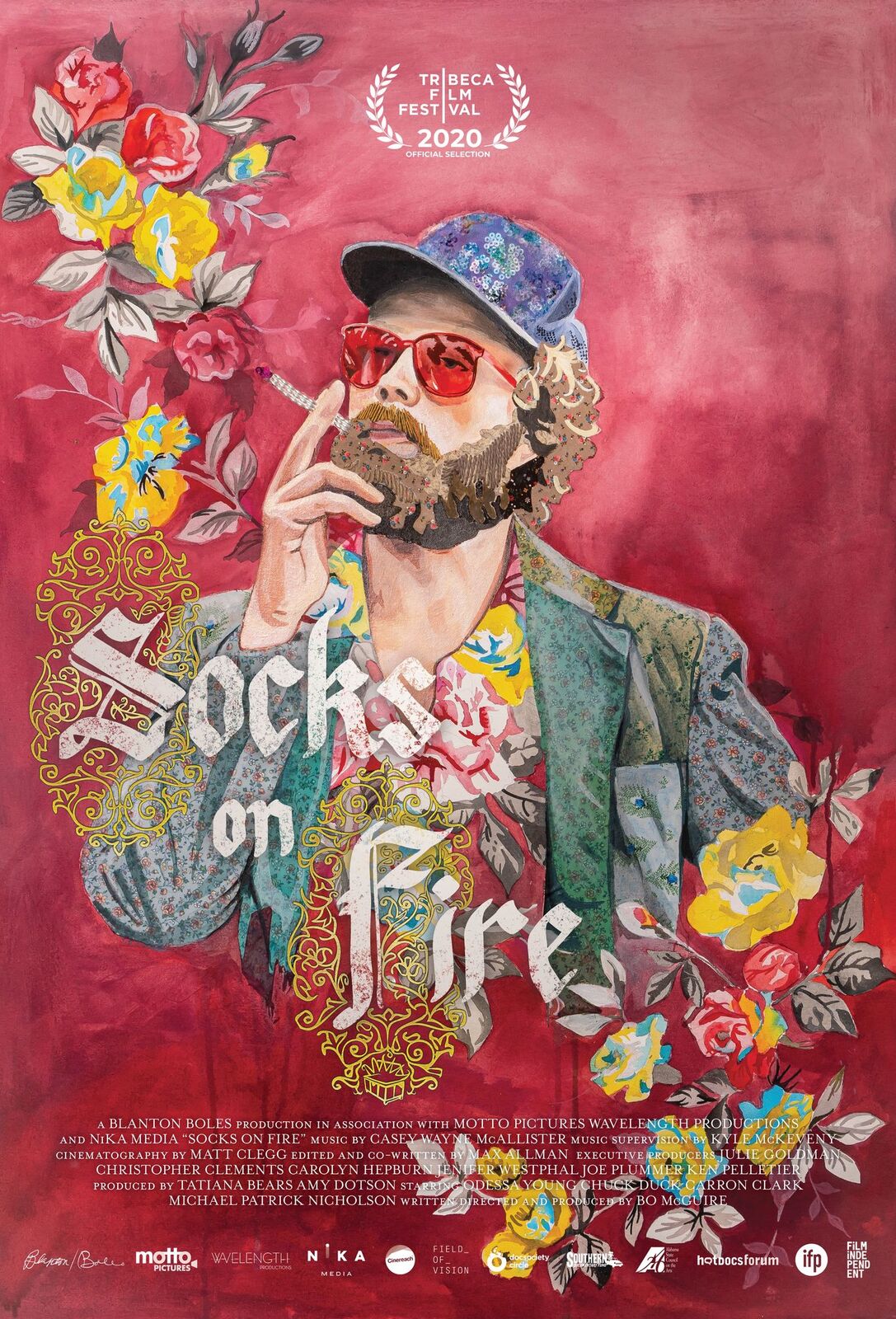
by Sara Barton | Jan 23, 2023 | Blog
‘To be black and queer and learn about Rupert Kinnard’s work — only two years ago! It was very profound to me, yet also sad… How many other Rupert’s are there that I didn’t know about? ….’ was the reaction of cartoonist,...

by Justin Lockwood | May 7, 2020 | Blog
Director Bo McGuire in the opening of Socks on Fire My early notes for Socks on Fire, Alabama-born director Bo McGuire’s unusual and personal documentary, are pretty harsh. “Bizarre,” I wrote after the opening few minutes, with elaborate tableaus of various...




